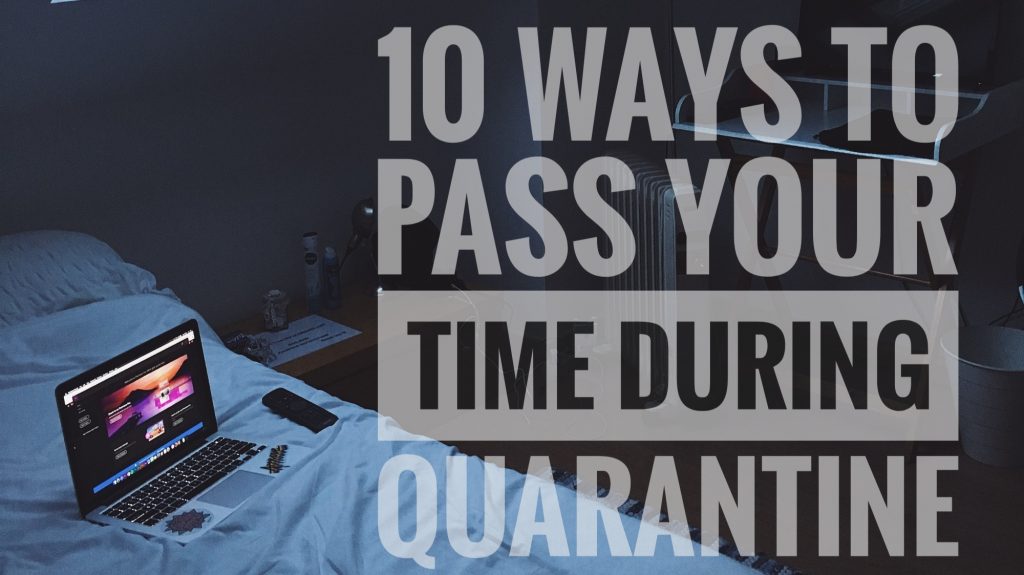Introduction
Indian equity market suffered its worst ever monthly sell-off in March since the global financial crisis of 2008 as fears of massive damage to the economy likely to be caused by the coronavirus outbreak crippled investors. The NSE100 index fell 22.84% in March, as against the 26.7% fall seen in October 2008. The rout eroded ₹3.3 trillion of shareholder wealth in a month, with foreign portfolio investors (FPIs) pulling out ₹58,632 crore, also the highest monthly drawdown ever.
Great loss
The heavy selling took a toll on equity performance, with just six stocks on the NSE100 managing to eek out minor gains of up to 6.62%. Almost all other stocks were hammered. In all, about three in seven stocks on the NSE100 fell by over 25% in March, a Mint study on the performance of NSE 100 stocks showed. Some stocks even saw losses of more than 50%, with bank and financial services stocks prominently being among the top losers.

Stocks of Dr Reddy’s Laboratories Ltd, Hindustan Unilever Ltd and Cipla Ltd were a few stocks that did not succumb to the selling pressure and gained more than 5% in March. However, the biggest laggards were IndusInd Bank Ltd, IndiaBulls Housing Finance Ltd, and Bajaj Finance Ltd, losing more than 50% in one month. The sell-off comes on the back of an escalation in the number of coronavirus cases worldwide. The virus has infected over 1 million people across the globe. The ensuing lockdowns that have been enforced in many countries are expected to hurt global growth.
Lock down situation
The 21-day lockdown in India could shave off several percentage points from the country’s GDP growth.We see some possibility of growth contracting by 3% in April-June 2020 with some spillover effects in the second quarter that will keep growth week but in the positive quadrant,” noted a recent HDFC Bank report. The bank also expects GDP growth to moderate to 3.2-3.5% in FY21 from 4.8% in FY20.
Demands
India Inc’s earnings are also expected to decline significantly even as discretionary and non-discretionary spends see a reduction.“Labour-intensive sectors like textiles/apparels could face both supply and demand challenges. Construction activities would also immediately stall, making it high impact sector. For metals, it should be global headwinds. Chemicals and pharma should be relatively insulated,” said a report by Citi Group Global Markets.Besides, sectors like travel, transportation, entertainment are also expected to be hit hard, noted the report.
- Top private-sector lender HDFC Bank Ltd caused the biggest damage to the indexes, diving 8.3% to its lowest close in more than a year.
- Oil-to-retail conglomerate Reliance Industries Ltd plunged 7.9% to its lowest close in more than 16 months.
- Fund managers and market analysts said the bulk of selling came from foreign institutional investors.
“There has been some pullout of the easy money and liquidity that were driving markets higher so far,” said Mahesh Patil, co-chief investment officer at Aditya Birla Sun Life AMC in Mumbai, whose team manages some $12 billion in equities.
Conclusion
Analysts at Livemint and Ajmera associates, Anagram capital and Ace financial services ascribed a number of reasons for this, ranging from large sales by foreign institutional investors (FII), withdrawal of money by the insurance sector. They all felt that the Sensex could rise by at the most 20-30% in 2009, from its them level of 9000 points.

